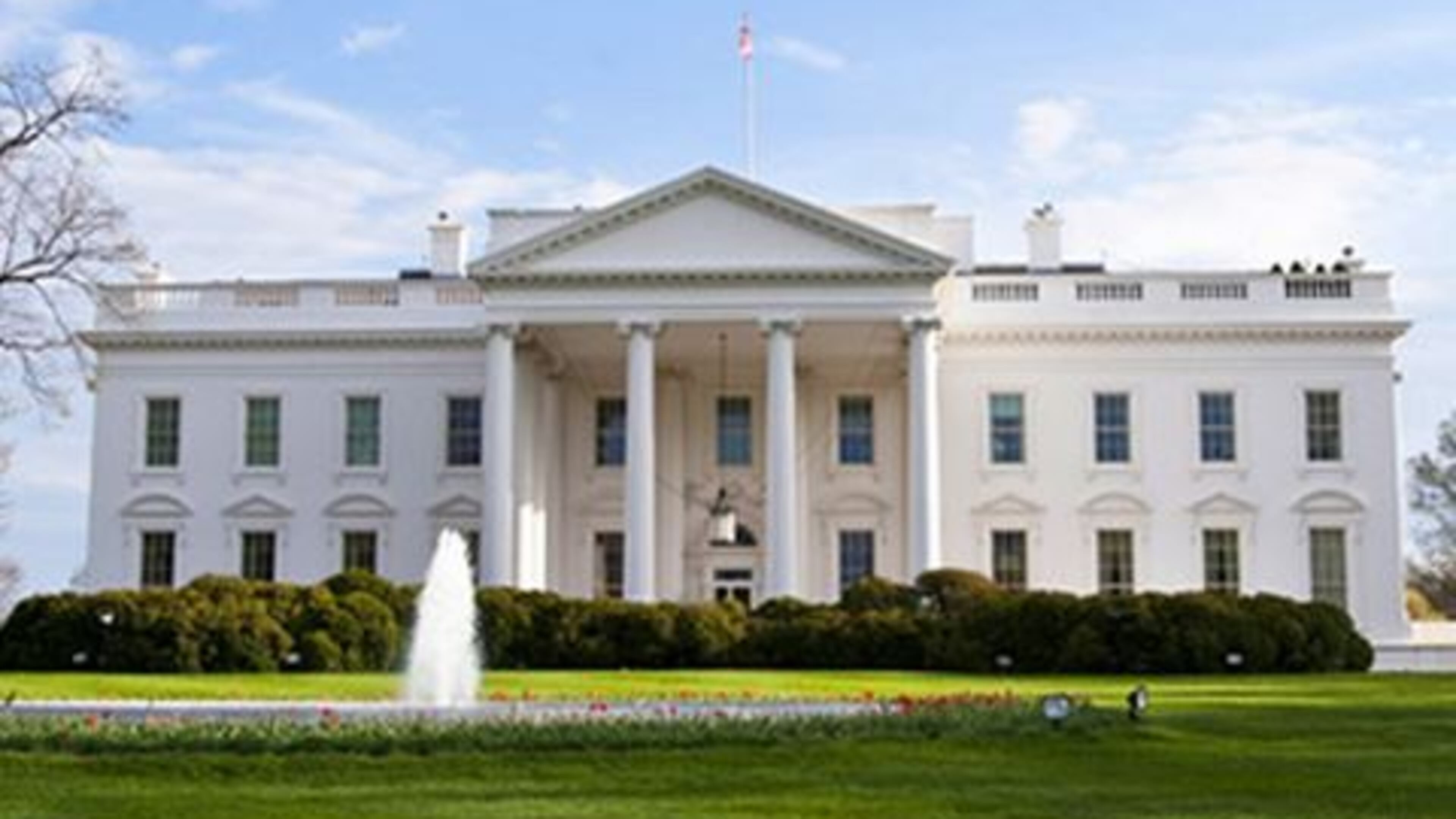Watching the polls for President

With less than two months until Iowa and New Hampshire, recent polls show there is still a great deal of uncertainty in the race for the Republican nomination for President, as a large majority of voters are fully admitting they haven't made a final choice for the GOP nomination.
"Just 1-in-5 (20%) Iowa GOP caucus goers say they are completely set on their choice," read a new poll out on Monday from Monmouth University.
Just think about that for a moment - 80 percent of Republican voters in Iowa could still change their mind before February 1.

In New Hampshire, a CNN poll this week showed even fewer voters had made their choice.
"Currently, only 18% of likely Republican Primary voters say they have definitely decided who they will support, 26% are leaning toward a candidate, and 56% are still trying to decide," read the findings of the CNN poll from the Granite State.
Other polls have shown large numbers of GOP voters still reserving the right to change candidates - like this one last week from Quinnipiac University, where 32 percent of those surveyed had decided on a candidate:

The most recent CBS News/New York Times poll had almost the same number - 34 percent - who had made up their mind on a Republican candidate, up only six points since the last poll in October.

By contrast, Democrats seem more set in their choices - that same national poll from Quinnipiac showed 57 percent of Democrats told pollsters that their mind was 'made up.'
One other interesting point is how many independent voters will vote in the GOP or Democratic caucuses and primaries; the Monmouth poll out on Monday showed Donald Trump doing better with those non-Republican voters, while Ted Cruz and Marco Rubio do better with just GOP caucus-goers in Iowa.

This Monmouth poll showed Cruz ahead of Trump, with Rubio in third and Ben Carson in fourth.
All of that could certainly change over the next seven weeks. Just ask the pollsters.
And the voters, too.
